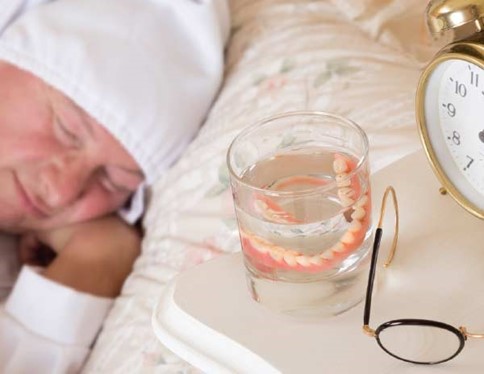A nurse is reinforcing information with a client who wishes to complete their advance directives.
Which of the following statements should the nurse make?
“You must have advance directives in place in order to refuse recommended treatment.”.
“An attorney is needed in order for you to name a designee in your health care proxy.”.
“A living will can be an oral statement that you agree upon with your provider.”.
“You can decline to have certain medical procedures performed in your living will.”.
The Correct Answer is D
The correct answer is choice D. A living will can specify which medical procedures a person wants or does not want to receive in certain situations, such as when they are terminally ill or permanently unconscious.
A living will is a type of advance directive, which is a legal document that provides instructions for medical care if a person is unable to make decisions for themselves.
Choice A is wrong because a person does not need to have advance directives in order to refuse recommended treatment.
They have the right to accept or decline any medical intervention at any time, as long as they are competent and able to communicate their wishes.
Choice B is wrong because a person does not need an attorney to name a designee in their health care proxy.
A health care proxy is another type of advance directive that appoints a person to make health care decisions for someone else if they are unable to do so.
A health care proxy can be completed without involving a lawyer, as long as it meets the state’s requirements for a valid document.
Choice C is wrong because a living will cannot be an oral statement that a person agrees upon with their provider.
A living will must be in writing and follow the state’s laws for creating legal documents.
Depending on the state, a living will may need to be signed by a witness or notarized.
Nursing Test Bank
Naxlex Comprehensive Predictor Exams
Related Questions
Correct Answer is D
Explanation
The correct answer is D. Using two gloved fingers to open the client’s mouth for cleaning.
Choice A rationale:
Lowering the side rail on the side of the bed where the AP will stand is necessary for safe access to the client. However, the AP should ensure the opposite side rail is up to prevent the client from falling.
Choice B rationale:
Using an oral care sponge swab moistened with cool water is an appropriate method for cleaning the mouth of an unconscious client. It helps maintain oral hygiene and comfort.
Choice C rationale:
Wearing clean gloves is essential for infection control and is a standard practice when performing mouth care to protect both the client and the caregiver.
Choice D rationale:
Using two gloved fingers to open the client’s mouth is not recommended as it can cause injury to the caregiver if the client bites down reflexively. Instead, a padded tongue blade should be used to gently open the mouth.
Correct Answer is D
Explanation
It can also increase the risk of denture stomatitis and pneumonia.
Dentures should be removed overnight and soaked in a denture-cleansing solution.
Choice A is wrong because rinsing dentures after meals can help remove food debris and prevent plaque buildup.
Choice B is wrong because soaking dentures in water after removal can prevent them from drying out and losing their shape.

However, water alone is not enough to disinfect dentures, so a denturecleansing solution should also be used.
Choice C is wrong because applying an adhesive to seal dentures in place can improve the fit and comfort of dentures.
However, adhesive should not be used as a substitute for poorly fitting dentures, and any excess adhesive should be removed by brushing.
Whether you are a student looking to ace your exams or a practicing nurse seeking to enhance your expertise , our nursing education contents will empower you with the confidence and competence to make a difference in the lives of patients and become a respected leader in the healthcare field.
Visit Naxlex, invest in your future and unlock endless possibilities with our unparalleled nursing education contents today
Report Wrong Answer on the Current Question
Do you disagree with the answer? If yes, what is your expected answer? Explain.
Kindly be descriptive with the issue you are facing.
